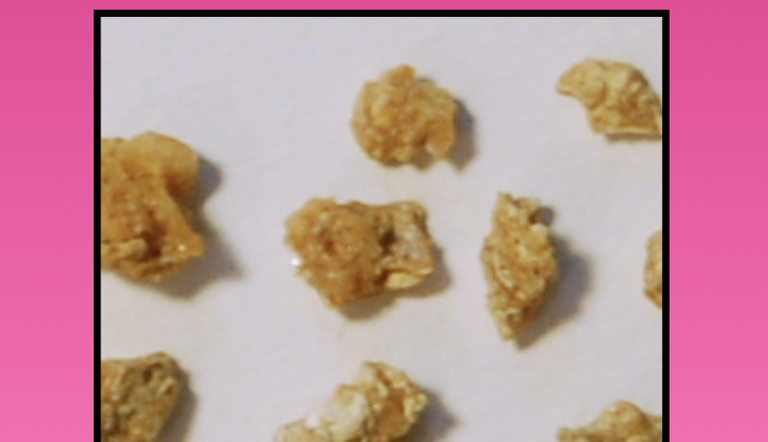Calcium Oxalate Kidney Stones For Everyone. #1. Introduction

Calcium oxalate is a poorly soluble compound which can crystallize and grow within the renal tissue under certain circumstances. Its accumulation and growth form what we know as kidney stones. Nephrolithiasis is the technical term. These type of stones are the most common ones. Other types of stone are made of calcium phosphate, uric acid, cystine and other mixed salts. Calcium oxalate kidney stones can be asymptomatic or can cause severe renal colics. In addition, they can predispose to infections and even death resulting for complications of sepsis and renal failure.
Oxalate is present in food, mainly of plant origin. It is also the end product of the metabolism of vitamin C and certain amino acids. Factors that increase the absorption of oxalate in the gut and that increase its metabolic production end up increasing the amount of oxalate in the urine by increasing first the oxalate in the blood. There are medical conditions which are genetic and increase the production of oxalate from metabolism and therefore can increase the urinary excretion of oxalate. These conditions cause what is called primary hyperoxaluria, which means increased excretion of oxalate in the urine.
There are many ways to treat patients with calcium oxalate stones, in order to decrease their production. The measures are centered in decreasing blood levels of oxalate. This can be achieved by decreasing its absorption and decreasing the metabolic production. Furthermore, measures that reduce the process of crystallization of this insoluble compound in the urine are also recommended.
The importance of the reduction of the formation of calcium oxalate nephrolithiasis is related to the association of the stones with severe infections, severe pain and, in the case of recurrent formation and repeated obstruction of the urinary tract and infections, end stage renal disease (ESRD) which requires dialysis or a kidney transplant.
Congratulations, your post has been upvoted by @dsc-r2cornell, which is the curating account for @R2cornell's Discord Community.
We have to be careful with vitamin C if we have a predisposition to calcium oxalate kidney stones.
There is a possibility that, by increasing the metabolic production of oxalate, we increase the oxaluria and there for the risk of the kidney stone fomation